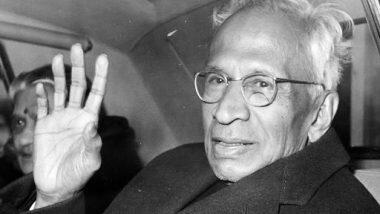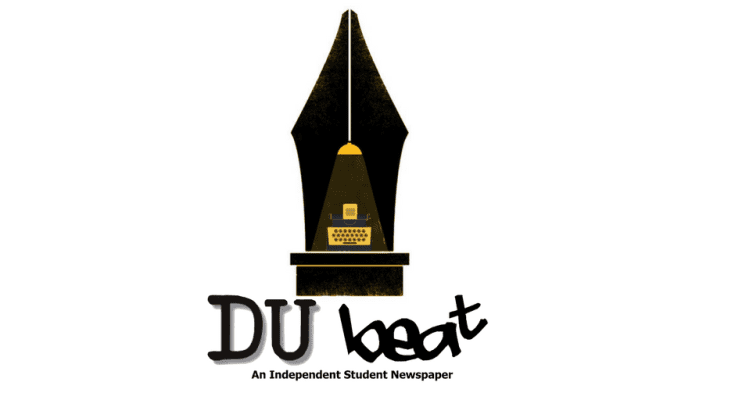Let us explore a lesser-known tale of the
plagiarism controversy surrounding Dr.
Sarvepalli Radhakrishnan, the man whose
birthday is celebrated as Teachers’ Day.
Before being ordained as the second
President of the Republic of India, Dr.
Sarvepalli Radhakrishnan was a scholar
whose expertise on comparative religion
and philosophy was espoused with
extensive research and studies.
His academic career, which started as
an Assistant Professor at Presidency
College in 1911, allowed him to make
several disciples at various academic
stages of his life. When he eventually
became the President of India in 1962,
some of his students went to meet him
to seek permission to celebrate his
birthday on 5th September, which he
politely declined and rather asked them
to celebrate Teachers’ Day on that day.
And ever since then, 5th September is
celebrated as Teachers’ Day in India.
However, there is a controversial aspect
of his life that is not discussed very often.
It was an infamous case of literacy piracy
that blotted Radhakrishnan’s reputation
in the late 1920s.
In January 1929, Mr. Jadunath Sinha, one
of his students and a brilliant lecturer at
Meerut College, accused Radhakrishnan
of extensively plagiarising from the first
two parts of his thesis titled “Indian
Philosophy of Perception”. Mr. Sinha had
completed his master’s from Calcutta
University in 1917, and had then applied
for the prestigious Premchand Roychand
Studentship in 1922, for which he had
to submit his thesis in instalments. He
submitted the first and second parts in
1922 and 1923, respectively, and the
remaining installments by 1925. Dr.
Radhakrishnan was appointed as the
examiner for Sinha’s thesis, and had to
read the second volume, and the other
subsequent volumes of the thesis.
Professor Sinha revealed that though
Radhakrishnan’s book Indian Philosophy
Volume II was published in 1927, he
noticed the plagiarism in Radhakrishnan’s
book from his thesis only in November
1928. Two months later, Jadunath Sinha
vented out these allegations through
the magazine- Modern Review. In
the subsequent months, the matter
worsened for Radhakrishnan as another
book by him, titled The Vedanta
according to Sankara and Ramanujan was
accused to have paragraphs plagiarised
from Mr. Sinha’s thesis. Mr. Sinha wrote
three consecutive letters in the February,
March, and April editions of Modern
Review inhibiting his accusations.
In August 1929, Professor Sinha sued Dr.
Radhakrishnan in the Calcutta High Court
for the charge of copyright infringement
of his original works, claiming INR
20,000 as damages. In September,
Radhakrishnan counter-sued him for
defamation demanding INR one lakh.
Jadunath Sinha was a revered professor
and initially managed to get sympathy
as well as support from fellow Bengali
professors. They were convinced of
the plagiarism, but subsequently
refused to stand as a witness for him
in the court. On the other hand, Dr.
Sarvepalli Radhakrishnan was a relatively
powerful figure at that time, too. He
was brought to Calcutta University by
the eminent academician Professor
Ashutosh Mukherjee, whose son and
the founder of Jan Sangh, Mr. Shyama
Prashad Mukharjee was a dear friend of
Dr. Radhakrishnan. He forced Professor
Sinha to settle the matter out of court
and, owing to the pressure, he finally
succumbed.
Power and politics play an essential role
in academia. The recent English syllabus
controversy proves that academics is
not free of powerful political influences.
The story of Mr. Jadunath Sinha and Dr.
Sarvepalli Radhakrishnan is symbolic of
this power-play in academics. It makes
us wonder if the traditions we follow
need to be reviewed and analysed for the
power dynamics they bring to life, over
and over again.
Feature Image Credits: Round Table India
Priyanshu
[email protected]





